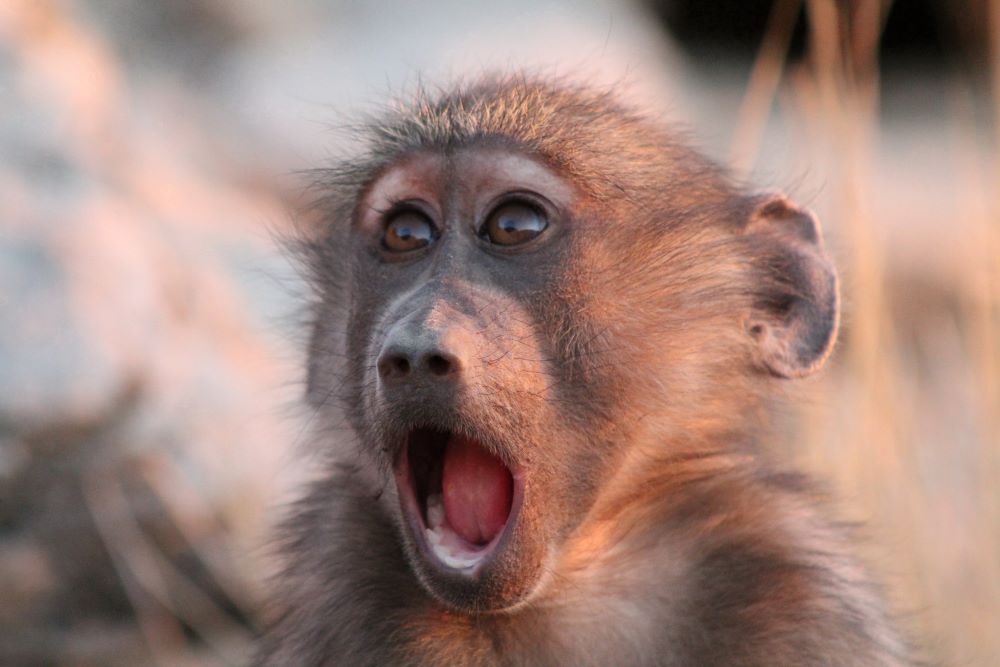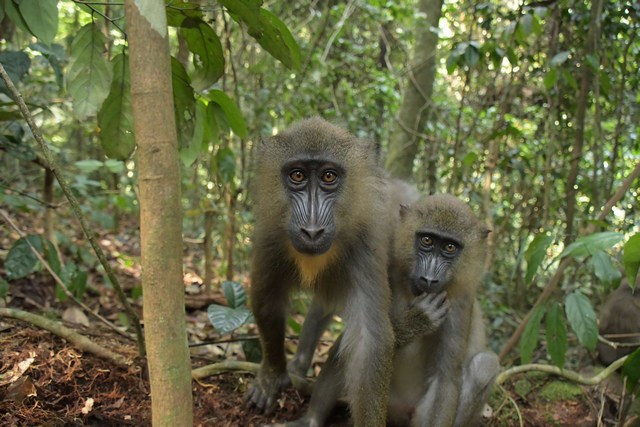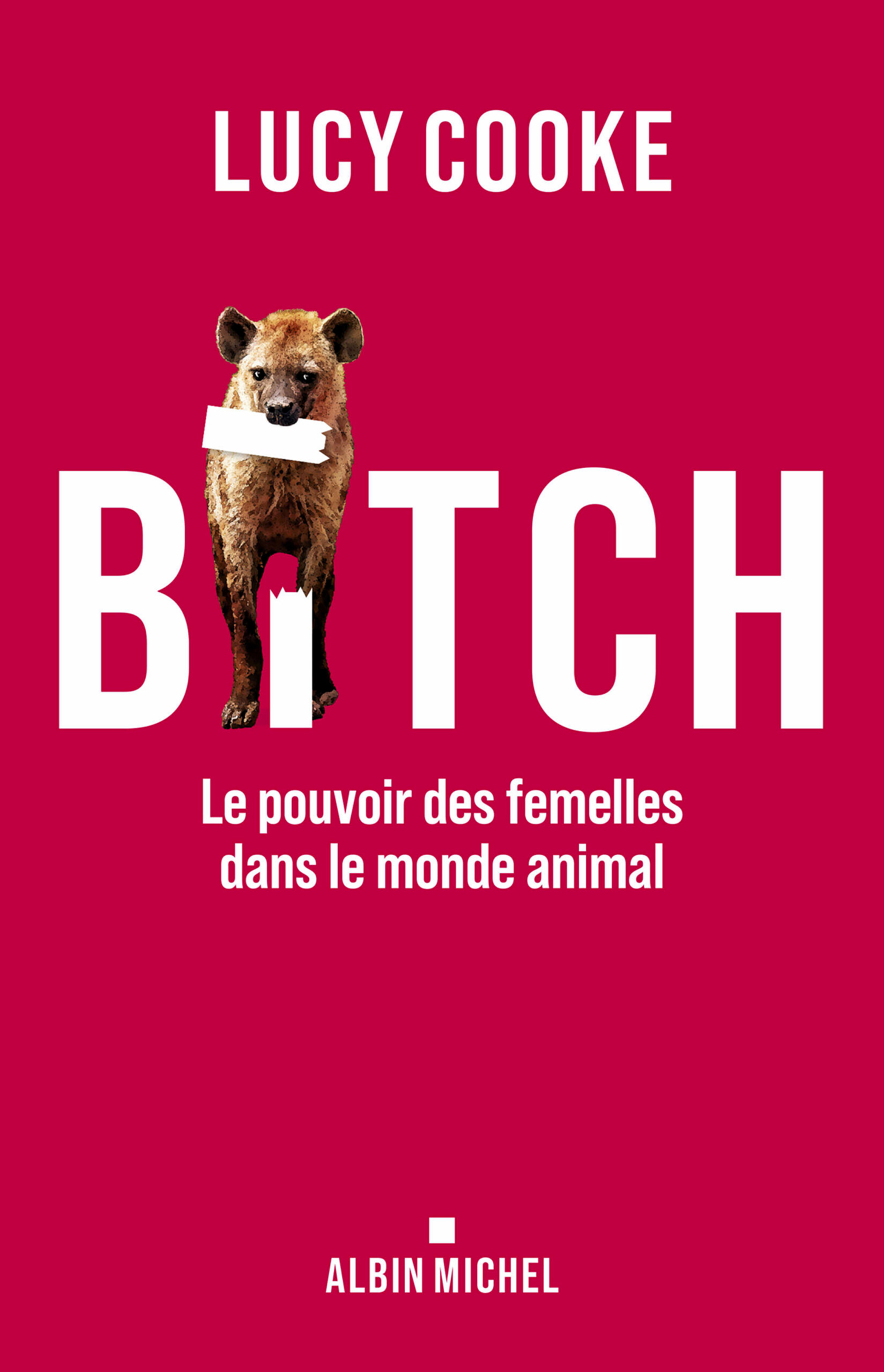Elise Huchard
I am interested in the evolution of mammalian social and mating systems. At the interface between sexual and kin selection, a major focus of my work explores the causes and consequences of reproductive and life-history strategies in mammalian societies using observational and experimental data, mainly in the context of long-term individual-centered studies.
My research examined the evolution of sexual signals, mating choice, mating with multiple partners (polyandry), and reproductive competition in females from natural populations of primates and other social mammals.
I am currently working specifically on sexual conflict, as well as genetic and social influences on development, growth, and immunity in the context of life history trait theory, occasionally using quantitative genetic tools or comparative studies, and using Tsaobis baboons, Kirindy lemurs, Kalahari meerkats, and Bakoumba mandrills as my primary models (see attached figure).
Tsaobis Baboon Project
The ecology of sexual coercion and of male-female power asymmetries in primates : Elise Huchard | Frontiers in Social Evolution (FINE) online seminar series
Primatology
Interview with Elise Huchard - France Culture - Wednesday, March 05, 2024 4pm
Deuil animal : six pattes sous terre - Interview with Elise Huchard - Podcast La Science, CQFD - France Culture
- Elise Huchard, S. Schliehe-Diecks, P. M Kappeler, C. Kraus. The inbreeding strategy of a solitary primate, Microcebus murinus. Journal of Evolutionary Biology, 2017, 30 (1), pp.128-140. ⟨10.1111/jeb.12992⟩. ⟨hal-01950125⟩
- Elise Huchard, Sinead English, Matt B V Bell, Nathan Thavarajah, Tim Clutton-Brock. Competitive growth in a cooperative mammal. Nature, 2016, 533 (7604), pp.532-534. ⟨10.1038/nature17986⟩. ⟨hal-01950170⟩
- Alice Baniel, Guy Cowlishaw, Elise Huchard. Stability and strength of male-female associations in a promiscuous primate society. Behavioral Ecology and Sociobiology, 2016, 70 (5), pp.761-775. ⟨10.1007/s00265-016-2100-8⟩. ⟨hal-01950152⟩
- Eva Pechouskova, Melanie Dammhahn, Markus Brameier, Claudia Fichtel, Peter M Kappeler, et al.. MHC class II variation in a rare and ecological specialist mouse lemur reveals lower allelic richness and contrasting selection patterns compared to a generalist and widespread sympatric congener. Immunogenetics, 2015, 67 (4), pp.229-245. ⟨hal-01950196⟩
- Dieter Lukas, Elise Huchard. The evolution of infanticide by males in mammalian societies. Science, 2014, 346 (6211), pp.841-844. ⟨10.1126/science.1257226⟩. ⟨hal-01950230⟩
- E. Huchard, Anne Charmantier, S. English, A. Bateman, J. F Nielsen, et al.. Additive genetic variance and developmental plasticity in growth trajectories in a wild cooperative mammal. Journal of Evolutionary Biology, 2014, 27 (9), pp.1893-1904. ⟨10.1111/jeb.12440⟩. ⟨hal-01950247⟩
- Alecia Carter, Nicholas P.C. Horrocks, Elise Huchard, Corina Logan, Dieter Lukas, et al.. Junior scientists are sceptical of sceptics of open access: a reply to Agrawal. Trends in Plant Science, 2014, 19 (6), pp.339-340. ⟨hal-01950214⟩
- Elise Huchard, Eva Pechouskova. The Major Histocompatibility Complex and Primate Behavioral Ecology: New Tools and Future Questions. International Journal of Primatology, 2014, 35 (1), pp.11-31. ⟨hal-01950259⟩
- Elise Huchard, Marie Charpentier, Harry Marshall, Andrew King, Leslie Knapp, et al.. Paternal effects on access to resources in a promiscuous primate society. Behavioral Ecology, 2013, 24 (1), pp.229-236. ⟨10.1093/beheco/ars158⟩. ⟨hal-02079637⟩
- Marie Charpentier, Elise Huchard, Anja Widdig, Olivier Gimenez, Bettina Sallé, et al.. Distribution of Affiliative Behavior Across Kin Classes and Their Fitness Consequences in Mandrills. Ethology, 2012, 118 (12), pp.1198-1207. ⟨10.1111/eth.12026⟩. ⟨hal-02079623⟩






